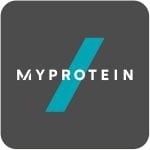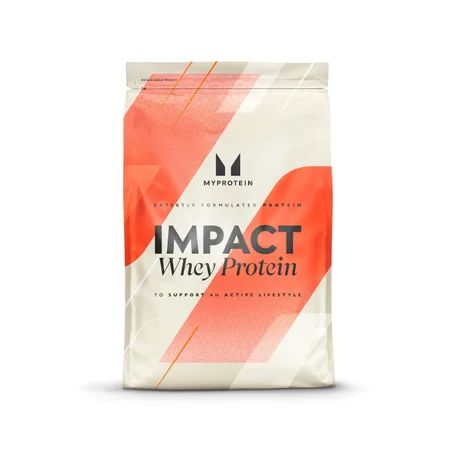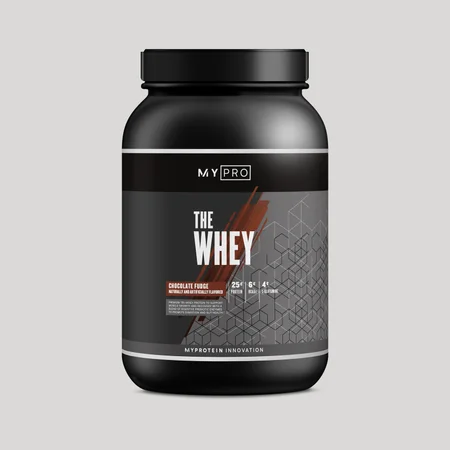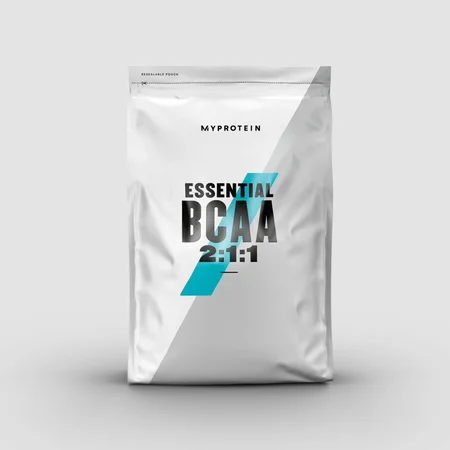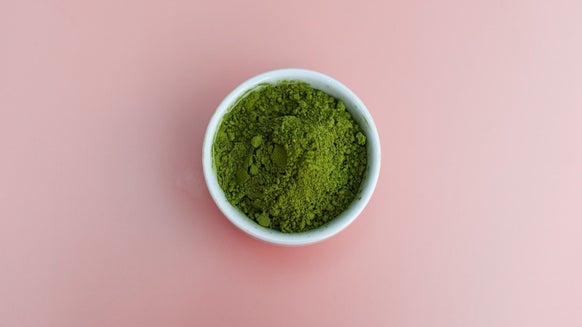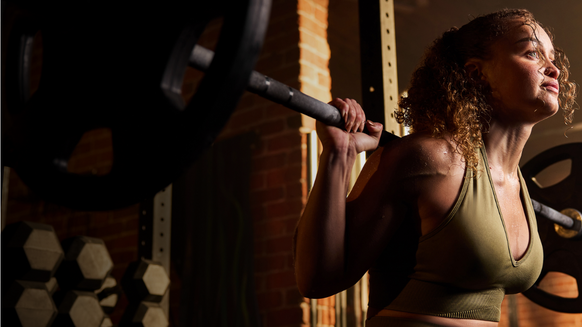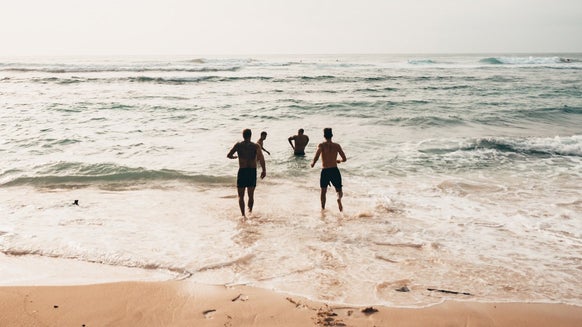Peak Week | What Is It? What’s The Diet Like?
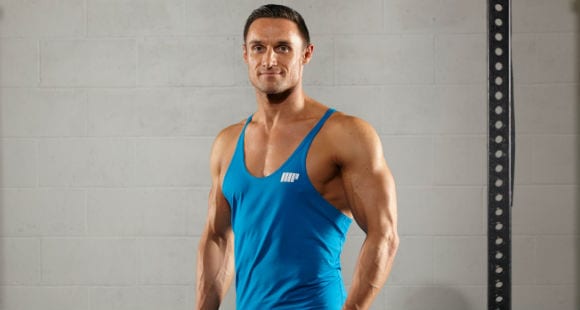
Peak week is what the final week before a photoshoot or competition is known as. There are many different categories for competitions including; Men and Women’s bodybuilding, Women’s figure, bikini, fitness, Men’s Physique, powerlifting, and a strength competition. Each category has different goals, but this article talks about the main ones which have to do with how well you look.

Peak Week Workouts

Carb depletion workouts are not fun - you are exhausting yourself to the point where your body has absolutely no carbs to obtain energy from. You are going to feel very sore, fatigued, tired, exhausted, basically everything that relates to the term completely exhausted. The point of carb depletion workouts is to burn off any and all of the stored glycogen in muscle tissue, so very high volume with very high reps and short rest time is the best way to do this. You start with the largest muscle groups, and work your way down to the smaller muscle groups which end 2 days before the show. So in this order: Legs, Back, Chest, Shoulders, and then Arms starting on the Last Sunday before the show.
Peak Week Diet
The diet IS THE HARDEST PART OF PEAK WEEK! Most competitors consume very, VERY low carbs - from 50g a day all the way down to absolutely no carbs. Doesn't sound fun right? Well, it isn't. Very high protein is consumed to negate catabolism during this week. Catabolism is very likely during peak week, because you are exhausting your body so much, with very little carbs. Fat is also raised to balance with the very low carbs, but high protein is a must during this time period. Remember, the less carbs you consume, the easier the carb depletion workouts will be. Keep that in mind. Almost all supplements are taken out during this time, even whey protein for some. The only supplements you should be taking during this time are multivitamins, and fish oil.

One more important thing that cannot be stressed enough is to DRINK WATER. The more water you drink, the less water retention you will have. 1.5-3 Gallons a day is preferred. It can be grueling trying to down this much water, but it is a must.
Take-Home Message
So by now, you have probably come to the conclusion that peak week is pure hell - it really is no fun at all. I have experienced it personally, and it is so bad that it is recommended you take that week off of work, because your cognitive abilities, focus, and energy are completely impaired during this time. You will not be able to think straight, focus, or perform any physical tasks even close to your normal ability.
Rest is much needed during this timeframe, because you are going to be so tired. Peak week is a delicate process, and isn’t to be taken lightly. You wouldn’t want weeks and weeks of hard training, and hard dieting to be negated because of one slip up, right? You must stay focused.
